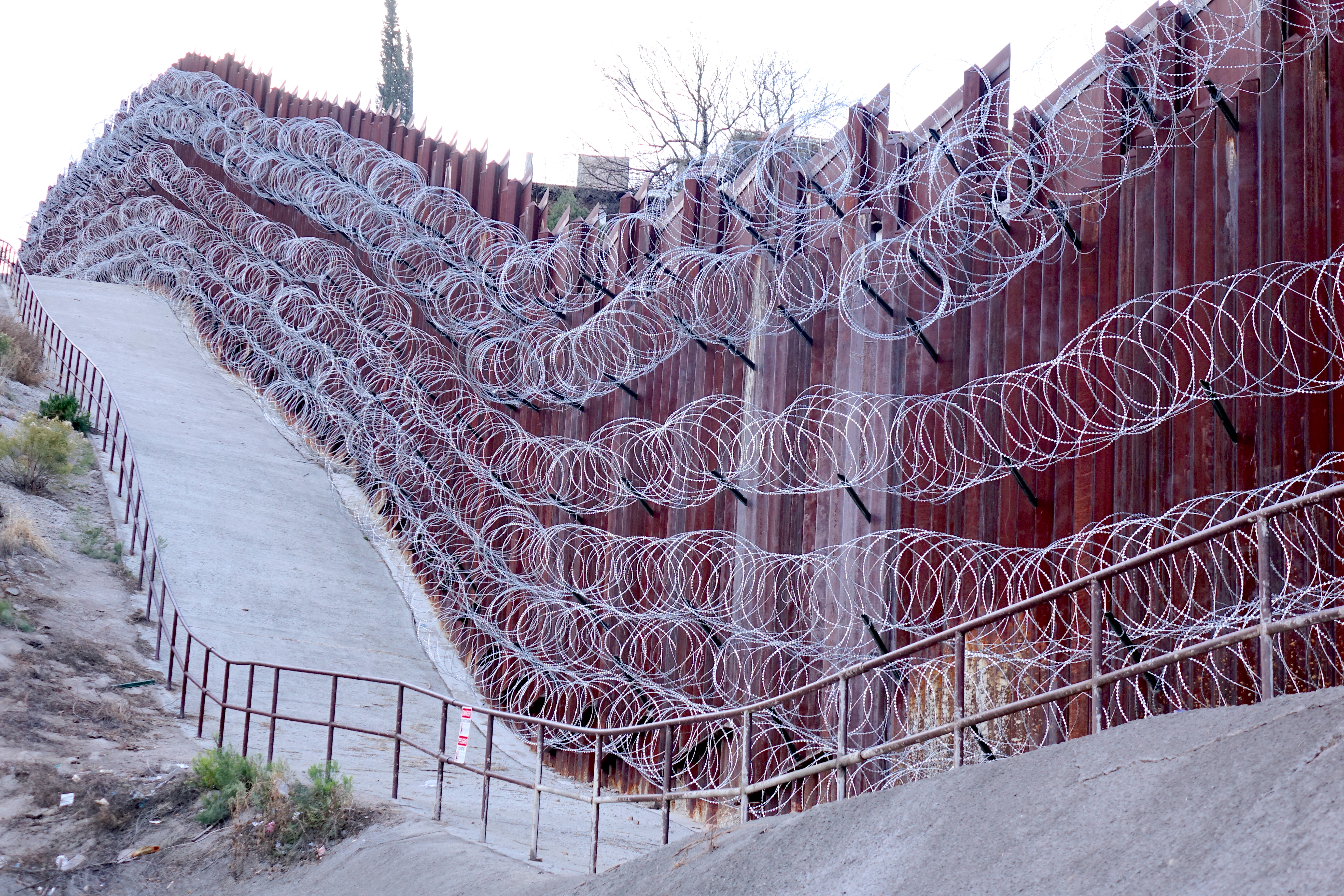Closing the Door on Asylum Seekers
Maryknoll Lay Missioner Heidi Cerneka, an immigration attorney in El Paso, Texas, explains why the Administration’s decision to indefinitely close the southwest border is immoral and illegal.
Maryknoll Lay Missioner Heidi Cerneka, an immigration attorney in El Paso, Texas, explains why the Administration’s decision to indefinitely close the southwest border is immoral and illegal.
On May 12, the Trump administration indefinitely extended the closure of the U.S.-Mexico border, which began in late March on grounds of public health concern. As an immigration attorney working at the southwest border, I believe this decision is inhumane, immoral, illegal, and ineffective. It will have serious consequences for asylum seekers and immigrant families and will be a stain on the moral fabric of our society for years to come.
The border closure, based on Center for Disease Control directives on March 20, has led to the expulsion of over 20,000 migrants, some of whom were asylum seekers and unaccompanied children. The new directives allow border agents to bypass immigration and asylum laws, leading to a near-total shutdown of the asylum system, which had already been severely gutted by previous Trump administration policies.
Given that the U.S. has signed and ratified the UN Protocol to the Convention Relating to the Status of Refugees, which obligates the U.S. to respect asylum seekers at our borders, this move is illegal. Our domestic immigration law, the Immigration and Nationality Act, further commits us to offering this protection to those fleeing persecution based on race, religion, political opinion, nationality, or membership in a particular social group. Individuals have a legal right to seek asylum at or within our borders and we have an obligation to duly and legitimately process their claims and accept those who qualify. We cannot legally send individuals back to countries in which their lives are at risk. Yet that is exactly what we are doing right now, denying many people a chance to even state their asylum claims.
The closure of the border will especially affect those on the journey to the border who believed the United States to be a nation that respects its own laws and stands for justice. Many of those who intended to exercise their legal right to seek asylum are now trapped in Mexican border towns in crowded shelters and tent camps with no resources, no jobs, and no end in sight. They came seeking protection from the dangers in their home countries and now find themselves hungry and at risk of extortion and kidnapping
One asylum seeker, Angela, has been waiting in Ciudad Juárez for her asylum hearing for many months with her husband and four small children, two of whom have significant health issues. They sleep on the floor of a shelter and at times go hungry, but they cannot go home because of the threat against them in their country of origin. Now, given the border closure, they have no idea how long they will be stuck in the shelter. Their court case has been rescheduled three times and is currently scheduled for August. Those seeking asylum should not be included in the border closure, but border agents are sending people who cross into the US seeking asylum back to Mexico without even an interview.
The United States’ refusal to process asylum seekers has negative effects for Mexico and countries in Central America as well. Mexican border towns are at higher risk of COVID-19 infection because of the overcrowded migrant shelters.
In addition, the U.S. continues to spread COVID-19 in Latin America by deporting migrants from the U.S. to countries like Guatemala, El Salvador, and Colombia. The Guatemalan government has announced that 116 migrants deported to Guatemala from the U.S. have tested positive for COVID-19 so far. The local communities are frightened by those returning from the U.S. Mexican and Central American officials continue to call on the U.S. to halt deportations to stop the migration of the virus to its southern neighboring countries, where health infrastructures are generally very fragile.
Closing the border also affects all the border communities like El Paso. People lived in this land long before there was a border — before there was then a fence and finally a wall and Border Patrol. Many of my friends and colleagues have family living both in El Paso and in Juárez. Those in Juárez come over to shop, to visit, to work. Shops count on their business, families count on their presence. All of this is disrupted. A colleague said to me, “had I known this was going to happen, I would have brought my parents over for an extended visit while I could.”
Based on this Administration’s continual attempts to restrict immigration and access to asylum, this decision to close the border indefinitely is not based on legitimate public health concern. It is taking advantage of the crisis. In the vacuum of legislative authority created by a Congress that spends its time bickering along party lines, the Executive branch is de facto writing destructive immigration policy, not in the public interest, but based on political interests. Our vulnerable neighbors, and our moral integrity, will be deeply scarred by their choices.
Photo by Ignatian Solidarity Network available on Flickr.

